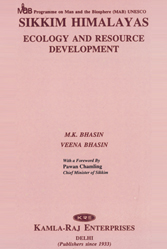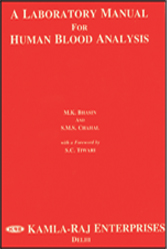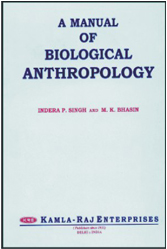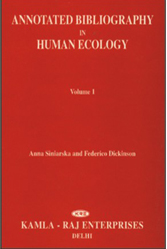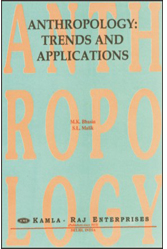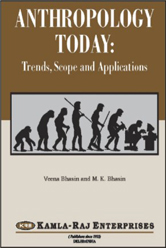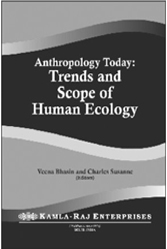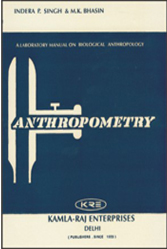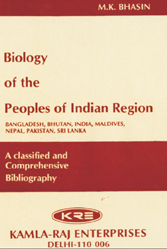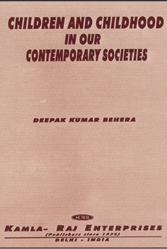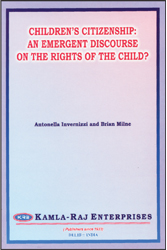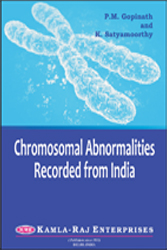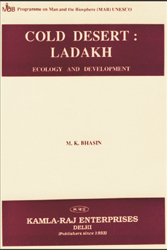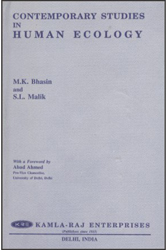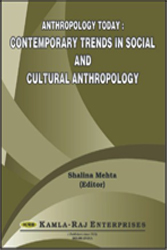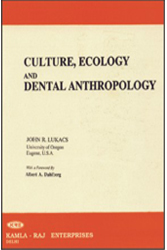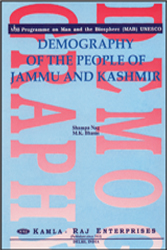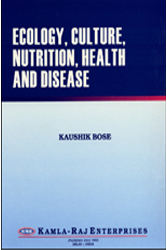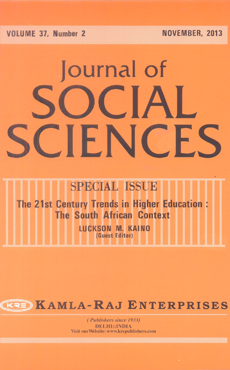SPECIAL VOLUME - SOCIAL SCIENCES
THE 21ST CENTURY TRENDS IN HIGHER EDUCATION: THE
SOUTH AFRICAN CONTEXT
LUCKSON M. KAINO (University of KwaZulu-Natal, Durban,
South Africa)
2013 • Pages: 104 • Size: 180x240 • Binding: Hard •
Price: US $ 30/- Rs. 750/-
(Special Volume of Journal of Social Sciences No.13)
The 21st Century Trends in Higher Education: The South African Context, is the theme of this special issue. The issue consists of case studies that look into the strides and challenges faced in the process of improving higher education, capacity building and sustainability of the education system in South Africa. In South Africa like in many other African countries, the education system faces numerous challenges which include: lack of funding, access to education, governance, management, brain drain and many others (Akoojee, Nkomo, Mokubung, Chikoko, Pillay, Pithouse-Morgan, Morojele and Naicker). The articles in this special edition touch on various issues in the South Africa higher education system and it was not possible to cover all issues in a single journal. Though the articles refer to the South African context, the issues discussed in these articles reflect similar situations in most African countries.
